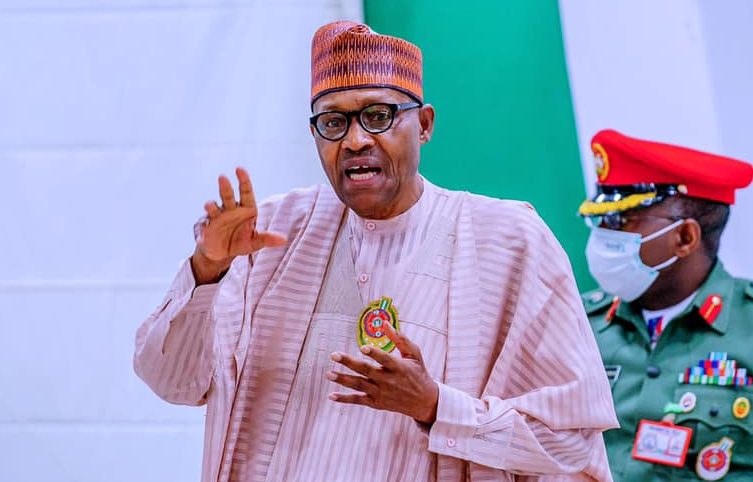Popular UK-based business and economic newspaper, Financial Times, says Nigeria is on the verge of becoming a failed state.
It stated that Nigeria has been “going backwards economically” as “carjacking, kidnapping and banditry are among Nigeria’s rare growth industries”.
The paper stated this in a Tuesday editorial titled, “Nigeria is at risk of becoming a failed state“.
According to the newspaper, the abduction and subsequent release of over 300 Kankara schoolboys revived memories of the 276 Chibok schoolgirls abducted by Boko Haram in Borno state in 2014.
It stated that by definition of a failed state being “one where the government is no longer in control”, Nigeria “is teetering on the brink”.
“President Muhammadu Buhari in 2015 pronounced Boko Haram “technically defeated”. That has proved fanciful. Boko Haram has remained an ever-present threat. If the latest kidnapping turns out to be its work, it would mark the spread of the terrorist group from its north-eastern base. Even if the mass abduction was carried out by “ordinary” bandits — as now looks possible — it underlines the fact of chronic criminality and violence. Deadly clashes between herders and settled farmers have spread to most parts of Nigeria. In the oil-rich, but impoverished, Delta region, extortion through the sabotage of pipelines is legendary.
“Extortion is a potent symbol for a state whose modus operandi is the extraction of oil revenue from central coffers to pay for a bloated, ruinously inefficient, political elite. Security is not the only area where the state is failing. Nigeria has more poor people, defined as those living on less than $1.90 a day, than any other country, including India. In non-Covid-19 years, one of every five children in the world out of school lives in Nigeria, many of them girls.
“The population, already above 200m, is growing at a breakneck 3.2 per cent a year. The economy has stalled since 2015 and real living standards are declining. This year, the economy will shrink 4 per cent after Covid-19 dealt a further blow to oil prices. In any case, as the world turns greener, the elite’s scramble for oil revenue will become a game of diminishing returns. The country desperately needs to put its finances, propped up by foreign borrowing, on a sounder footing.
“In its three remaining years, the government of Mr Buhari must seek to draw a line in the sand. It must redouble efforts to get a grip on security. It also needs to restore trust in key institutions, among them the judiciary, the security services and the electoral commission, which will preside over the 2023 elections,” the Financial Times editorial read in part.
Read Also: Apostle Suleman furious as American alleges church got $188k COVID-19 relief fund

